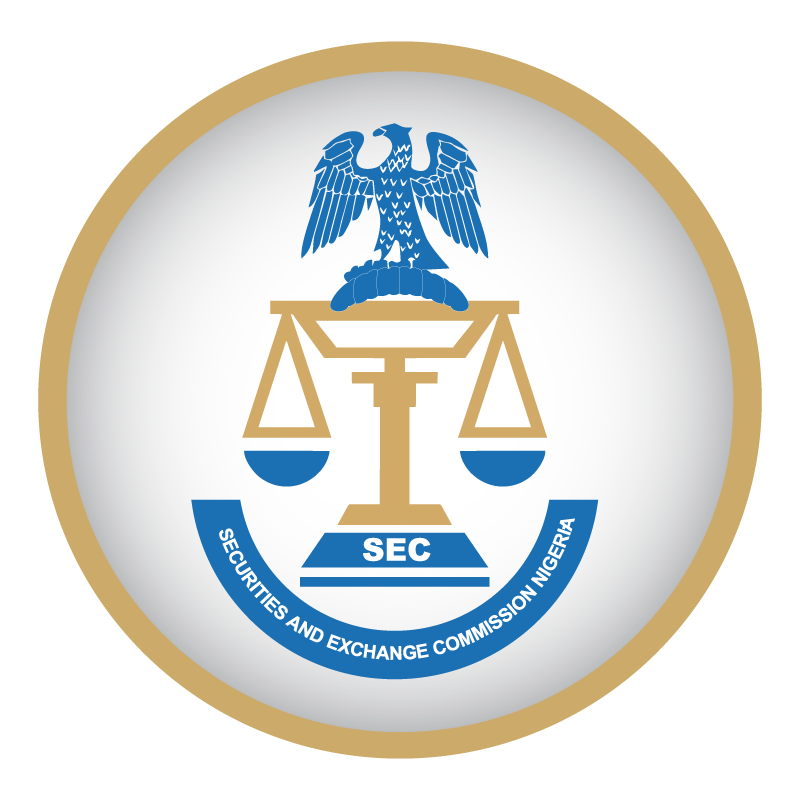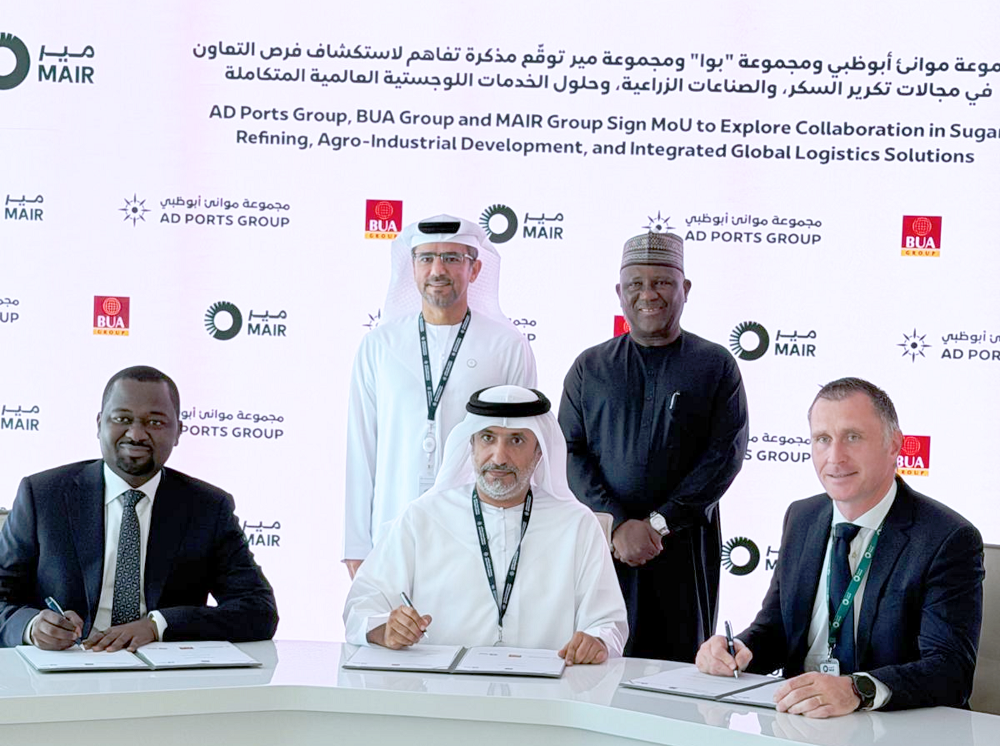
The Securities and Exchange Commission (SEC) Nigeria, says it is partnering the African Development Bank (AfDB) to host a ground-breaking Capacity Building Workshop for Capital Markets Operators on Green Finance.
The strategic initiative, funded by the Capital Markets Development Trust Fund (CMDTF) administered by the AfDB, aims to fortify Nigeria’s position as Africa’s leading hub for green and sustainable finance and it is being facilitated by Climate Transition Limited.
The workshop, scheduled for July 22, 2024 in Lagos, SEC said in a statement, is a vital step in consolidating these gains and ensuring the Nigerian capital market meets the goal of becoming Africa’s deepest and most liquid capital market, contributing to the nation’s socio-economic development.
Over the past decade, the Nigerian capital market has experienced substantial growth, marked by increased activities in both equity and bond markets. In alignment with global sustainability mandates, the SEC launched rules for green bonds issuance in December 2018, creating a conducive environment for green finance.
A statement by the commission quoted its Director-General, Dr. Emomotimi Agama, as expressing the SEC’s commitment “to fostering a sustainable financial ecosystem in Nigeria. This workshop is part of our broader strategy to integrate green finance into our capital markets and attract more sustainable investments. By enhancing the capabilities of our market operators, we are not only promoting environmental stewardship but also driving long-term economic growth.”
The primary objective of the workshop, the statement added, is to enhance the knowledge and understanding of capital market operators regarding green finance. By developing the necessary skills and competencies, the workshop aims to: Promote collaboration and networking among stakeholders; Support regulatory compliance with SEC’s rules; Attract more sustainable investments and Integrate Environmental, Social, and Governance (ESG) factors into investment strategies.
The workshop is also to enhance the reputation and credibility of capital market operators and facilitate funding for innovative, environmentally friendly projects driving sustainable economic growth.
The statement quoted Olumide Lala, Co-Founder and Executive Director at Climate Transition Limited, as saying “that the transition to a green economy is essential for Nigeria’s sustainable development, and green finance is a critical component of this transition.
“This workshop will provide market operators with the tools they need to drive this change and contribute to a more resilient and sustainable economy,” he added.
The event is expected to draw delegates from various sectors of the financial ecosystem, including investors, issuers, regulators government agencies and market intermediaries among others.
Participants in the workshop will gain several key benefits, including: Diverse Expertise: Enriched discussions and learning experiences from a diverse group of participants; Comprehensive Understanding; Insight into the entire green finance ecosystem, from regulatory frameworks to investment strategies and Networking Opportunities.
Other benefits include fostering collaborations and partnerships with key players across various segments of the financial market; Regulatory Insights: Direct interaction with regulators for clarity on compliance and regulatory expectations; Innovative Practices: Exposure to emerging trends and strategies in green finance; Insights into upcoming policy changes and opportunities to influence future green finance policies and sharing best practices and strategies to overcome barriers, contributing to the growth of Nigeria’s green finance market.
This workshop is a pivotal part of SEC’s vision to establish Nigeria as a focal point for green and sustainable finance in Africa, aligning with global green standards. By equipping capital markets operators with the necessary knowledge and skills, this initiative supports the development and issuance of green bonds and other sustainable financial instruments. It reinforces Nigeria’s commitment to environmental sustainability and economic resilience.














